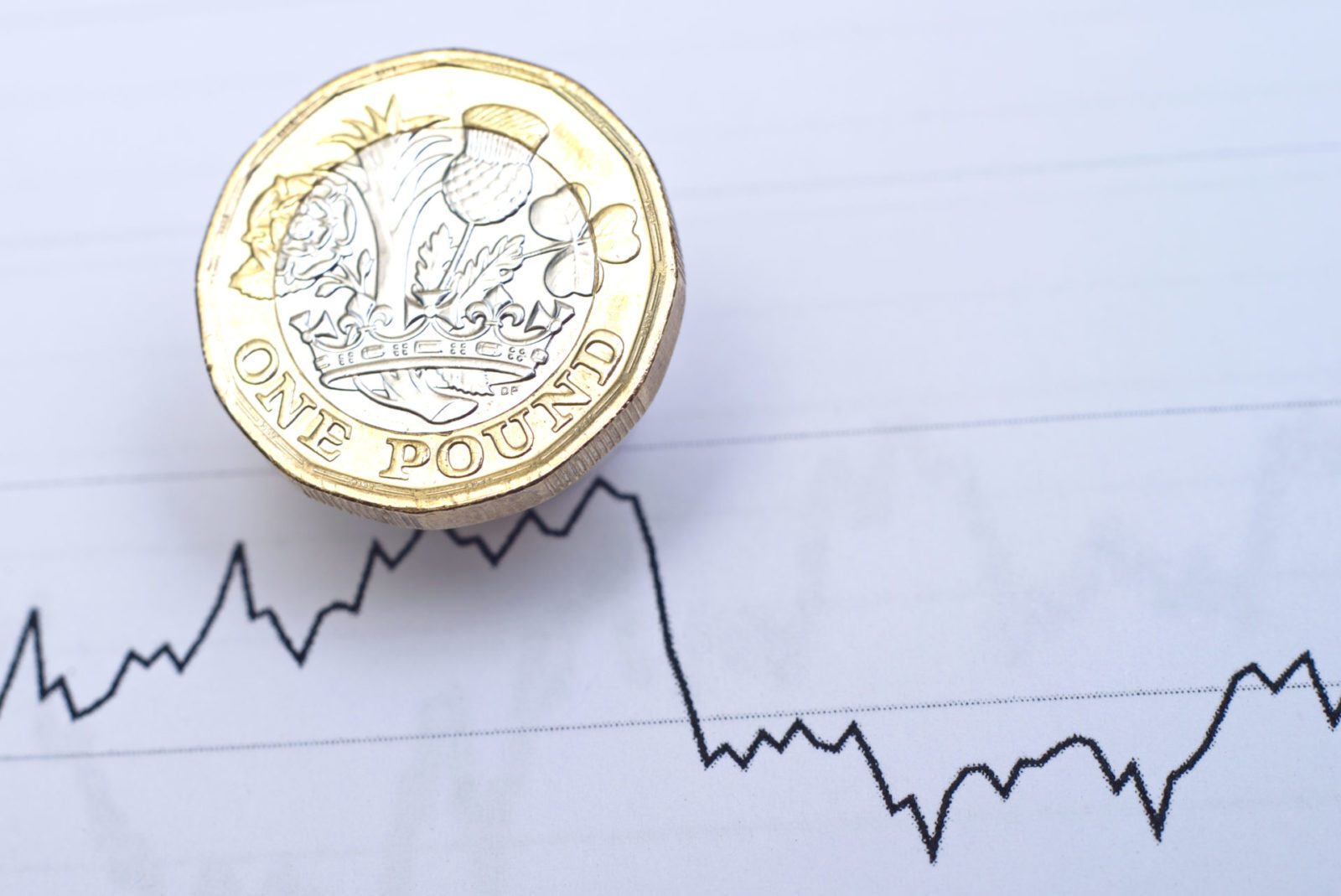
The government said yesterday that it would seek to enshrine the transition date deadline in law, raising fears of the UK leaving without a trade deal. The pound weakened as a result, losing some of its gains of the past few days.
Meanwhile, it’s a quiet day for data in the Eurozone, although construction figures mid-morning are expected to show a positive uptick, in contrast to this time last year.
US industrial production beat expectations yesterday, showing the biggest jump in output since October 2017. However, this was tempered by poor manufacturing production.
There’s a lot coming up this week which could impact the pound, so make sure to protect your business if you’re planning transfers over the coming months. Lock in your exchange rate with a forward contract, so you always know exactly how much you’re paying. Speak to your Business Trader on 020 7898 0500 to start.
GBP: Pound weak on no-deal fears
Yesterday, the pound weakened to pre-election lows and it is still low this morning as the government said it will try to illegalise an extension to the Brexit transition deadline. After leaving the EU on the 31st of January, the Prime Minister will have to negotiate a trade deal with the EU, which originally had a flexible deadline of December 2020. However, the government now wishes to make this a hard deadline.
This potentially brings back the threat of a no-deal Brexit, as, if a deal isn’t ratified by the end of next year, then the UK will have to leave without a deal. This possibility and increased uncertainty don’t tend to fare well with the pound.
As the general election results emerged at the end of last week, business groups urged for negotiations to begin, expressing concern that the UK could abandon the EU’s trade agreements before making its own. The director general of the Institute of Directors, Jonathan Geldart, said that “our members have made clear that the content and shape of any new deal are much more important than simply the speed in getting there.”
A new Speaker of the House of Commons, Sir Lindsay Hoyle, was elected yesterday, and Johnson made a limited re-shuffle to the cabinet.
Today, they’ll be a series of data releases for the UK including inflation rate figures and retail price index. Yesterday’s data releases revealed that wage growth has slowed but unemployment is at its lowest since 1975.
EUR: Euro benefits from weak pound
Euro benefitted yesterday from a weak pound as fears about no-deal returned. The UK government is set to enshrine the end of the transition period as December 2020, meaning that, if trade talks are not complete by then, then the period could be up without an agreement.
The Eurozone’s trade surplus showed a sharp widening by around €15 billion, according to figures released yesterday. Early this morning, German PPI figures remained unchanged month on month, while Ifo expectations showed a slight increase. Later today, we’ll see construction figures, expected to show a rebound from last year’s negative data.
USD: Dollar strong despite mixed data
The dollar is strong against the euro and pound today, benefiting from sterling’s post-election weakness. President Trump has once again urged the Federal Reserve to cut interest rates and introduce quantitative easing via Twitter. This comes after the Fed left interest rates on hold last week, as policymakers considered the current monetary policy stance appropriate.
US industrial production rose 1.1% month-on-month in November, beating expectations and showing the biggest jump in industrial output since October 2017. However, manufacturing production fell 0.8% year-on-year.
For more on currencies and currency risk management strategies, please get in touch with your Smart Currency Business trader on 020 7898 0500 or your Private Client trader on 020 7898 0541.

 020 7898 0500
020 7898 0500